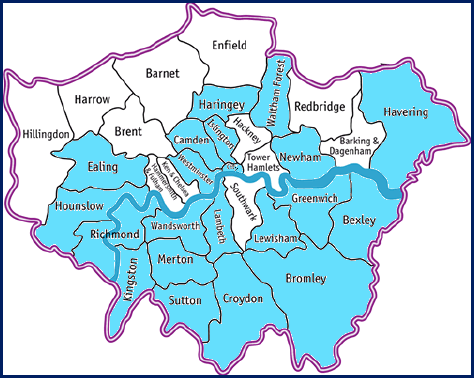Quality data = bigger savings
Last month’s post on how open data is a major factor of economic growth was an important analysis of the wider debate on the impact open data has on governance. Worldwide, businesses and public bodies are unfortunately facing a lack of quality data, which is inhibiting efficiency. This lack of efficiency is one of the biggest barriers to saving money – key in the current economic climate. Governments, especially, around the world must commit to open data and be as prescriptive as possible about the way spending data is published. As part of the UK government’s commitment to transparency, local authorities in the UK are currently required to publish all expenditure over £500 ($785). Only this week, the responsible department has gone further by lowering the threshold to £250 ($390) from the autumn. As a procurement and cost management consultancy we decided to test the government’s central hypothesis – that publishing expenditure can be used to drive down costs. We therefore analysed the published expenditure of 29 councils in London and found that their top 100 suppliers receive 35%, of the total. As our experience suggests that savings of 15% are possible by effectively managing major suppliers, this suggests that English councils could save £2.9bn (USD$4.55bn) a year.

Example: one waste management company supplies 21 local authorities in London
The view that greater transparencyAccording to OGP’s Articles of Governance, transparency occurs when “government-held information (including on activities and decisions) is open, comprehensive, timely, freely available to the pub... More can increase efficiencies is correct. However gathering the data and cleansing it in order to conduct a meaningful analysis was challenging. We encountered many difficulties and would urge governments to be more prescriptive in how public bodies publish data – by ensuring confidential details are removed, that everyone follows the same format, supplies the same level of detail, consistently names suppliers, completes all before uploading submissions and that negative spends are excluded. Streamlined systems, including consistent procedures for publishing information, are crucial if the benefits of open dataBy opening up data and making it sharable and reusable, governments can enable informed debate, better decision making, and the development of innovative new services. Technical specifications: Polici... are to be realised.
